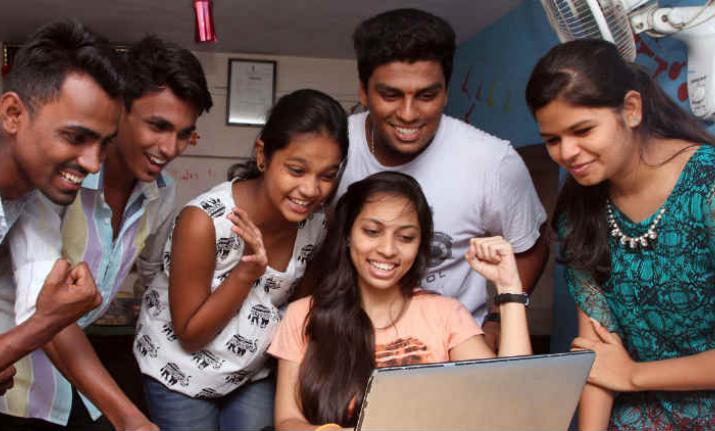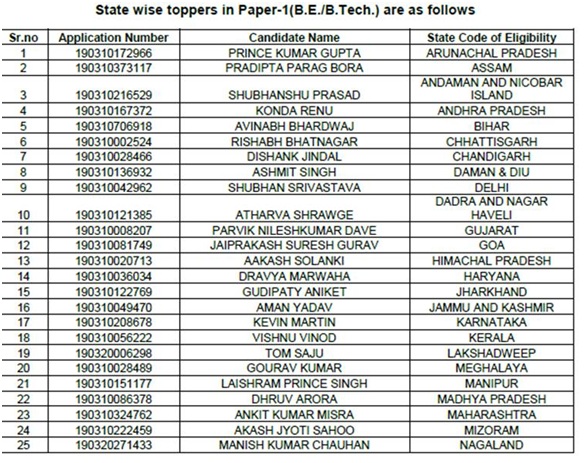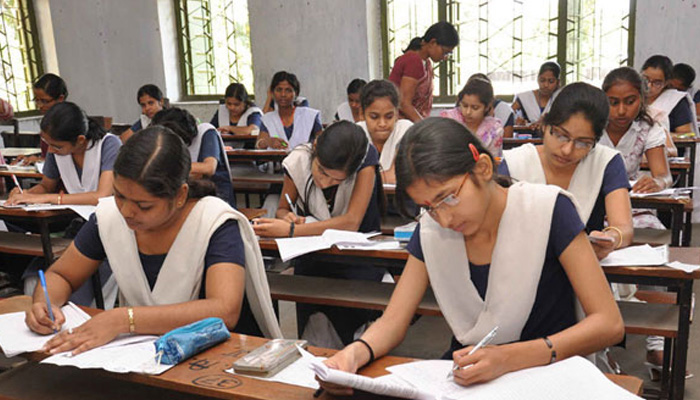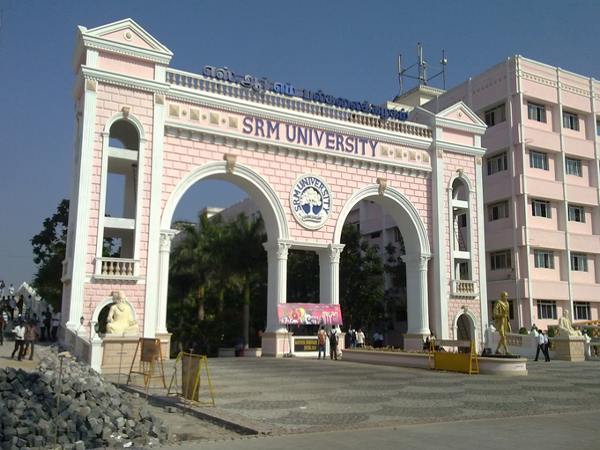The Karnataka Secondary Education Examination (KSEEB) has announced the results for SSLC 10th examination on April 30, 2019.
This year again, girls have outshone boys in terms of overall pass percentage. Reportedly, 79.59% of the girls have cleared the exam whereas only 68.46% boys have been able to get through.
Students can check their result on the official websites – kseeb.kar.nic.in and karresults.nic.in. The exam was conducted from 21st March to 4th April, 2019
As per the official data, more than 8 lakh students appeared for the class 10th examination. The results indicate that 73.7 per cent of students have passed the Karnataka SSLC examination 2019.
If we talk about language differentiation, the pass percentage of English medium students is higher as compared to Kannada medium with 80.88% and 70.19% respectively.
The topper spot is bagged by two students – Srujana D (St Philomena English High School, Bangalore) and N Parameshwar Naik (Colaba Vithob Shanbhag, Uttara Kannada) who scored 625/625. On the other hand, 11 students scored 624/625, getting the second rank.
Karnataka SSLC 2019: Follow the steps to check your result
Step 1: Visit the official website link, karresults.nic.in
Step 2: Click on the Karnataka SSLC results link
Step 3: Enter your details on next page
Step 4: Submit the details
Step 5: Check your SSLC result from next page
Step 6: Download the file for future reference































